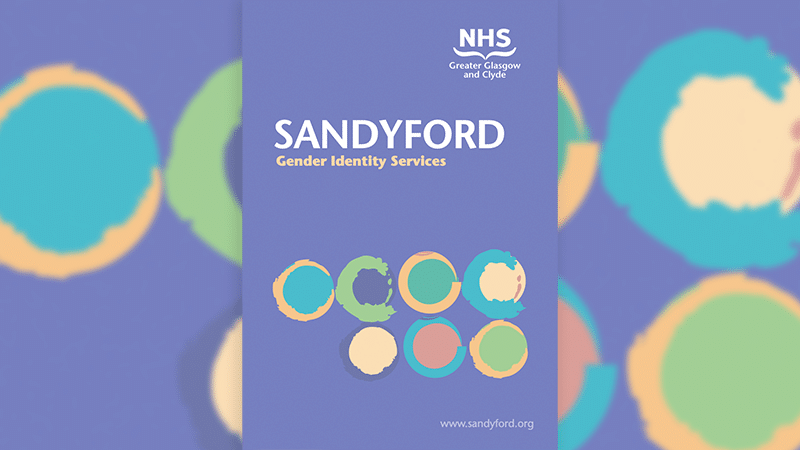Children and young people who express doubts about their gender are being sent to the Sandyford clinic without a proper consideration of their needs, its manager has said.
Rhoda MacLeod, Head of NHS Greater Glasgow and Clyde adult services for sexual health, told MSPs that children were being automatically referred to the clinic as soon as the issue of gender was mentioned.
The Sandyford, Scotland’s only NHS gender service for children, no longer prescribes puberty blockers and cross-sex hormones to new referrals, but existing patients can still receive the experimental drugs.
Complex problem
New data from Freedom of Information requests shows that 352 children and young people were referred to the Sandyford in the past year.
Detailing the outcome of calls to more than 400 young people on its waiting list, MacLeod told the Health, Social Care and Sport Committee that 70 per cent were girls, 50 per cent said they had “some form of neurodevelopmental issue”, and almost a third stated they had “a diagnosis of a mental health condition”.
She also said there was a feeling “that as soon as a child or young person mentions that they are questioning their gender, everyone goes, ‘I can’t deal with this. They need to go to the gender service’”.
The Sandyford manager added: “There are lots of people questioning their gender, but they are just gender questioning; they do not necessarily need an NHS service.”
Research
Researchers from the Dutch University Medical Center Groningen have shown that most children grow out of ‘gender non-contentedness’ with age.
The study followed 2,772 children from age 11 until 25, to assess how their feelings towards their own gender changed over time.
It concluded: “The results of the current study might help adolescents to realize that it is normal to have some doubts about one’s identity and one’s gender identity during this age period and that this is also relatively common.”
The research also found that gender confusion was more prevalent in females, suggesting this could be because “girls more often believe that being a boy would come with certain advantages than the other way around”.
‘Time bomb’
Earlier in September, GPs warned Holyrood that a lack of clinical guidance on the use of cross-sex hormones with gender-confused youngsters was a ‘ticking time bomb’.
Dr Anne Williams, a signatory to the letter, said: “We are experimenting with our young people, which is dangerous, as they may have many years of their lives to discover and suffer the consequences.”
She continued: “Many GPs are very concerned that we are yet to see the bomb explode.”
A report published in March also highlighted confusion over the clinical governance for under-16s referred by the Sandyford to hormone specialists in other parts of the country.
![]()
Scot Govt heeds advice by adopting Cass Review
Research shows most children grow out of gender confused feelings
Doctors resigning over BMA’s ‘outrageous’ opposition to Cass Review

